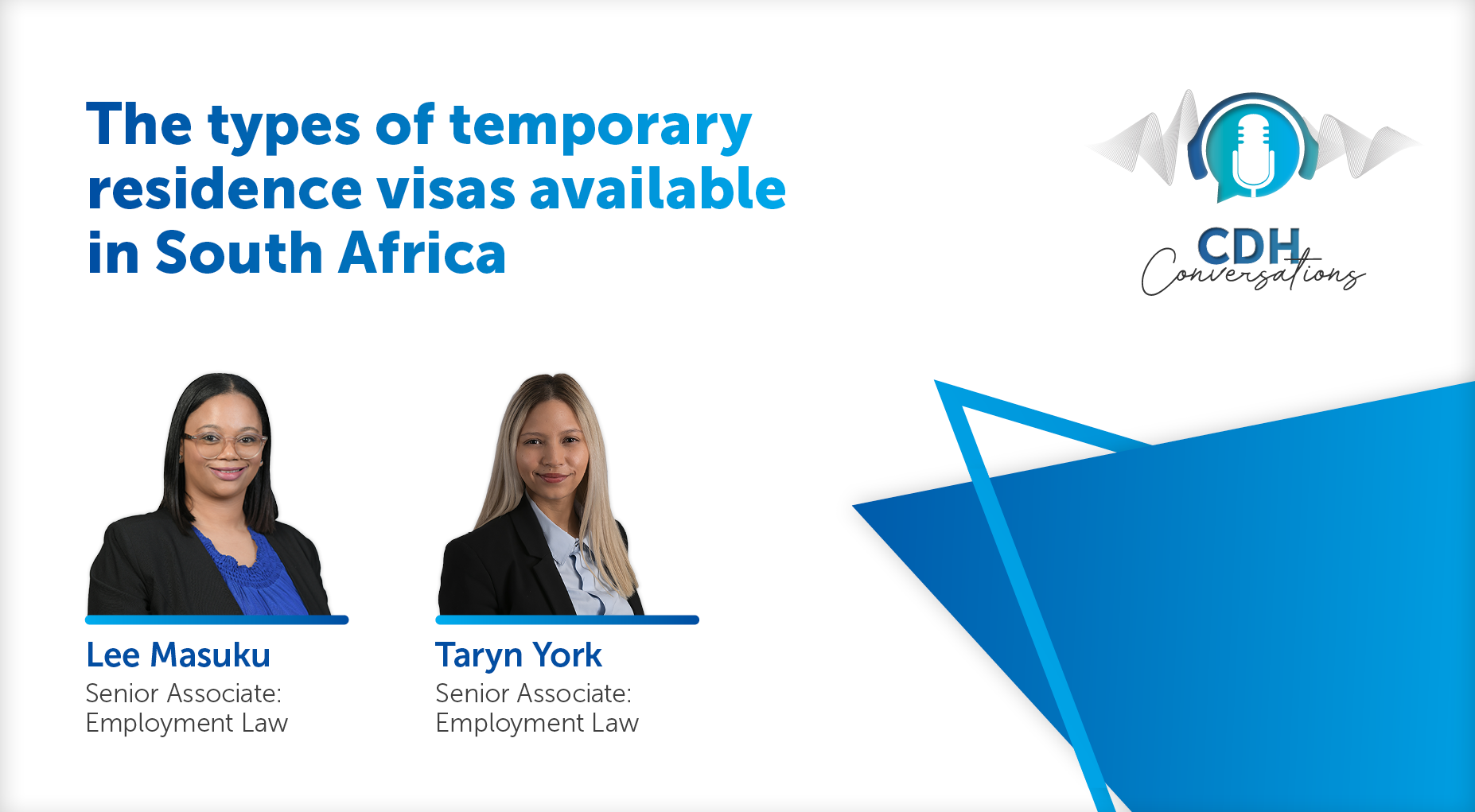The National Action Plan to combat Racism, Racial Discrimination, Xenophobia and Related Intolerance
At a glance
- The purpose of the National Action Plan to Combat Racism, Racial Discrimination, Xenophobia and Related Intolerance (NAP) is to set out ways to fight racism and various forms of discrimination. The NAP and its implementation plan were approved by Cabinet in February 2019 and officially launched on 23 March 2019.
- The South African Government has enacted several laws to actualise its constitutional aspirations of attaining equality, human dignity, and the progress of human rights and liberties, and our courts have handed down several judgments focusing on equality and clamping down on discriminatory laws and practices.
- It is through the NAP, together with its monitoring and evaluation by various role players, our legislation and our courts, that South Africa can continue to strive to eliminate racism and discriminatory practices.
The National Action Plan (NAP) calls for all South Africans to commit to breaking free from our hurtful past and building a brighter future. By recognising fundamental human rights and upholding accountability to specific ascertainable goals, we can make a change. We grow from roots planted in a past where equality was unheard of, gender-based violence thrived, hate crimes were common and xenophobia flourished.
The right to equality and to be protected from discrimination features prominently in our Constitution. The rights afforded to every individual in South Africa are further protected by various pieces of legislation which prohibit discrimination and ensure equality.
The purpose of the NAP, which has been developed through extensive consultation involving Government, Chapter Nine Institutions, and civil society, is to set out ways to fight against racism and the various forms of discrimination. The NAP and its implementation plan were approved by Cabinet in February 2019 and officially launched on 23 March 2019.
In establishing the NAP, various factors such as land ownership and distribution, poverty, unemployment and inequality, education, and xenophobia were analysed to enable the NAP to identify the areas that impact South Africa and its people.
As described by the Department of Justice and Constitutional Development:
“The NAP is the ideal opportunity for our country and its people to renew our commitment to the fight against racism, racial discrimination, xenophobia and all other forms of prejudice and intolerance. It is a national instrument owned and to be implemented by all in South Africa.”
Main focus of the NAP
In 2001, South Africa was invited by the United Nations to host the third World Conference Against Racism, Racial Discrimination Xenophobia and Related Intolerance in recognition of South Africa’s struggles and peaceful transition to democracy. The conference resulted in 160 countries adopting the historic Durban Declaration and Programme of Action in 2001 (DDPA), which urges states: “to establish and implement without delay national policies and action plans to combat racism, racial discrimination, xenophobia and related intolerance, including their gender-based manifestations.”
As a consequence of the NAP, South Africa undertook an investigation into the nature, causes and manifestations of racism and discrimination in both public and private spheres. The NAP is therefore intended to complement our laws and policies and not to replace existing legislation.
The main focus of the NAP is to tackle the issue of racism in our country by raising awareness of anti-racism and anti-discrimination issues; enhance initiatives aimed at supporting individuals and communities facing racism, racial bias, xenophobia, and related forms of intolerance across domains such as education, healthcare, employment, housing, food security and social services; and the pursuit of fair legal representation and fostering greater societal equality while reinforcing the principles of the rule of law and democratic governance.
The NAP has placed special emphasis on priority groups, which have been identified by the DDPA as: indigenous peoples; Africans and people of African descent; Asians and people of Asian descent; migrants; refugees and asylum seekers; victims of trafficking; internally displaced persons; Roma/Gypsy/Sinti/traveller communities; Jewish communities; Muslim and Arab communities; and national and ethnic, religious and linguistic minorities.
The NAP has also prioritised groups of individuals who face countless forms of discrimination such as: poor rural and urban people; farm workers and farm dwellers; people in extreme poverty; women and girls; children and youth; stateless people; domestic workers; people living with HIV/AIDS; people with disabilities; older people; people deprived of their liberty; lesbian, gay, bisexual, transgender and intersex people; and people affected by armed conflict or natural disasters.
The NAP further emphasises awareness – and that it is the responsibility of all people, not only the state – to combat racism and discriminatory practices.
What has South Africa done so far?
The diverse actions undertaken by South Africa to fulfil its array of constitutional and human rights responsibilities have been elaborated as a component of the country’s international commitment to reporting on treaties. South Africa possesses a robust legal structure centred around equality and prevention of discrimination. The Constitution mandates the state to honour, safeguard, foster, and realise the rights enshrined in the Bill of Rights, with the state assuming the primary duty of ensuring that each individual can exercise their entitlements.
In light of this responsibility, the South African Government has enacted several laws to actualise its constitutional aspirations of attaining equality, human dignity, and the progress of human rights and liberties such as the Employment Equity Act 55 of 1998 (Employment Equity Act) and the Promotion of Equality and Prevention of Unfair Discrimination Act 4 of 2000 (PEPUDA).
The Employment Equity Act, inter alia, ensures the right to equality and to be protected from discrimination. PEPUDA further prohibits discrimination based on race, gender and disability.
Our courts have also handed down several judgments focusing on equality and clamping down on discriminatory laws and practices. For example, in Prinsloo v Van der Linde [1997] (6) BCLR 759 the court acknowledged that:
“Our country has diverse communities with different historical experiences and living conditions. Until recently, very many areas of public and private life were invaded by systematic legal separateness coupled with legally enforced advantage and disadvantage. The impact of structured and vast inequality is still with us despite the arrival of the new constitutional order. It is the majority, and not the minority, which has suffered from this legal separateness and disadvantage.”
In the Minister of Finance v van Heerden [2004] (11) BCLR 1125 (CC) the Constitutional Court held:
“The jurisprudence of this court makes plain that the proper reach of the equality right must be determined by reference to our history and the underlying values of the Constitution. As we have seen a major constitutional object is the creation of a non-racial and non-sexist egalitarian society underpinned by human dignity, the rule of law, a democratic ethos and human rights. From there emerges a conception of equality that goes beyond mere formal equality and mere non-discrimination which requires identical treatment, whatever the starting point or impact.”
In Minister of Home Affairs and others v Watchenuka [2004] (4) SA 326 (SCA) the Supreme Court of Appeal held that:
“Human dignity has no nationality. It is inherent in all people – citizens and non-citizens alike – simply because they are human. And while that person happens to be in this country – for whatever reason – it must be respected, and is protected, by section 10 of the Bill of Rights.”
Measures
The role that Government plays in upholding human rights is one of promotion, protection and prevention of violations. The DDPA acknowledged that discrimination exists in all forms in all societies, that no country is as free from discrimination as they wish to believe, and all countries face the mountain of eliminating discrimination, in all its forms.
Under international law, nations accept responsibilities and commitments to uphold, safeguard, and actualise human rights for all individuals within their territory or legal authority, without any form of differentiation. Additionally, the National Action Plan states that countries “encompassing all their divisions, bear the primary responsibility for fostering and safeguarding all human rights, including preventing human rights transgressions.”
The responsibilities of nations also entail the obligation to shield against human rights violations perpetrated by external parties, including private entities. In cases where they do not take suitable measures to prevent, investigate, penalise, and remedy instances of misconduct by private entities, countries might violate their obligations under international human rights law.
In South Africa, not only has legislation been enacted to ensure equality, but it has gone further to establish various forums and task teams, such as the National Intervention Strategy to respond to and prevent gender and sexual orientation based violent crimes. Furthermore, and in recognition of our indigenous people, after the elections in 1994, a National Griqua Forum was established to represent the Khoisan communities and in May 1999, a national non statutory body, the National Khoisan Council, was established.
The role players
As the highest authority for policy formulation within the nation, Cabinet will carry out the following responsibilities concerning the governance framework of the NAP:
- Supervise the co-ordination of the NAP’s implementation and its monitoring.
- Supervise the formulation of an inclusive implementation strategy for the NAP.
- Monitor the progress review of the NAP’s implementation to ensure the country’s adherence to international obligations.
- Oversee the reporting of the NAP’s implementation to the highest echelons of political leadership.
- Ensure commitment to NAP implementation across all government departments, the private sector, Chapter Nine Institutions, civil society, and various sectors.
- Approve the allocation of funds for the NAP’s governance framework.
The other key players that will actively monitor and evaluate the NAP are the Chapter Nine Institutions which perform a vital role for our constitutional democracy and the enforcement of human rights. Civil society also plays a role in ensuring the protection of human rights. The private sector, the labour sector, media, academia and sporting bodies similarly all bear a responsibility in respect of the NAP and the monitoring and implementation thereof.
The benefits of the NAP
It is the hope that the NAP will bring about:
- a decline in racism and xenophobia;
- that asylum seekers and refuges will feel safe in South Africa;
- that the media will be held accountable for inciting racism and discrimination in all its ugly forms;
- that people will recognise their own prejudices and discriminatory attitudes and will actively try and make a positive change;
- that there will no longer be racist or xenophobic ideas; and
- that, as a result of a zero tolerance, workplaces will be free from all forms of racism and discrimination.
In conclusion, we can all agree that we have a long road ahead of us in achieving the goals of the NAP. However, it is through the NAP, together with its monitoring and evaluation by various role players, our legislation and our courts, that South Africa can continue to strive to eliminate racism and discriminatory practices. In order to create a society in which all of South Africa’s people are recognised and to aspire to the words of Nelson Mandela in his book, Long Walk to Freedom:
“No one is born hating another person because of the colour of their skin, or his background, or his religion. People learn to hate, and if they can learn to hate, they can be taught to love, for love comes more naturally to the human heart that its opposite.”
The information and material published on this website is provided for general purposes only and does not constitute legal advice. We make every effort to ensure that the content is updated regularly and to offer the most current and accurate information. Please consult one of our lawyers on any specific legal problem or matter. We accept no responsibility for any loss or damage, whether direct or consequential, which may arise from reliance on the information contained in these pages. Please refer to our full terms and conditions. Copyright © 2026 Cliffe Dekker Hofmeyr. All rights reserved. For permission to reproduce an article or publication, please contact us cliffedekkerhofmeyr@cdhlegal.com.
Subscribe
We support our clients’ strategic and operational needs by offering innovative, integrated and high quality thought leadership. To stay up to date on the latest legal developments that may potentially impact your business, subscribe to our alerts, seminar and webinar invitations.
Subscribe




